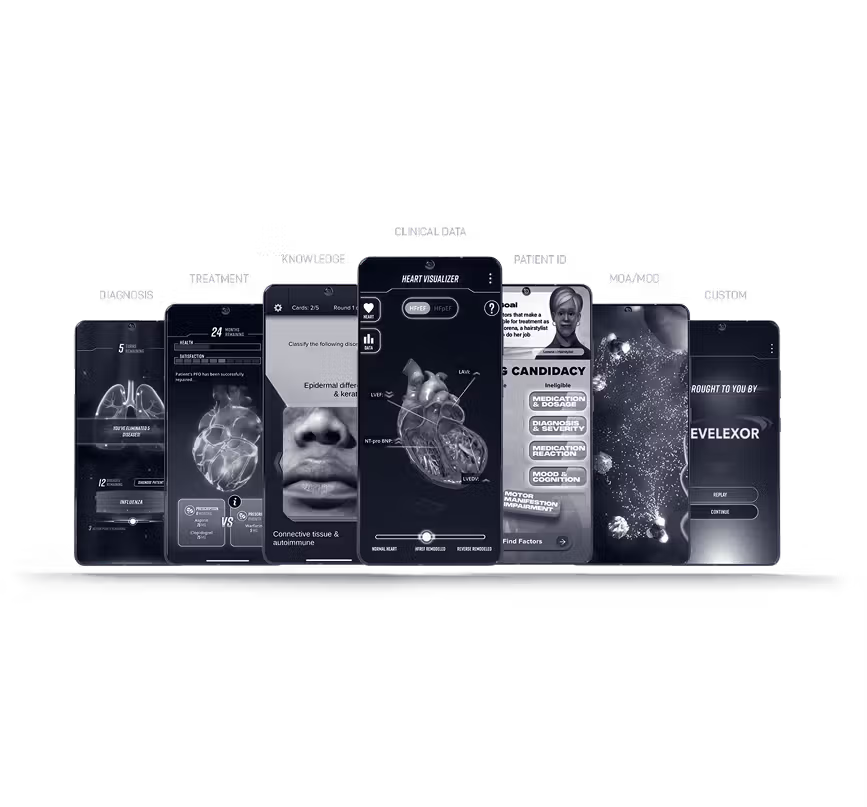
What You Need To Know About The Allergan Breast Implant Recall
In the wake of Allergan issuing a global recall of its BIOCELL® textured breast implants and tissue expanders, The AEDITION breaks down what it means for patient safety.
Original article by AEDIT Beauty Board. For other health-related articles, please check out the Medicine/Health category here on fullSTEAMahead365.
At this point, you’ve likely heard that Allergan (the Dublin-based drugmaker behind BOTOX®, JUVÉDERM®, CoolSculpting®, LATISSE®, and more) issued a worldwide recall of its BIOCELL® saline- and silicone-filled textured breast implants and tissue expanders. The decision followed a request from the United States Food and Drug Administration (FDA) to remove the products from the market due to a link between them and a rare type of cancer known as breast implant-associated anaplastic large cell lymphoma (a.k.a. BIA-ALCL).
The Backstory
The debate about textured implants is nothing new. Amidst a growing concern about potential health risks (they were pulled from European markets in December 2018, with Canada and Australia following suit in May and July, respectively), the FDA determined in March 2019 that there was not enough evidence to support banning the products at the time. New data, however, has the agency changing its tune.
The FDA now reports there have been 573 cases of BIA-ALCL since 2011, and 481 of the patients had BIOCELL® implants at the time of their diagnosis. Of the 33 deaths from the rare cancer of the immune system, authorities have been able to identify the manufacturer of the implants in 13 cases — 12 of them involved Allergan. The agency believes the risk of disease from BIOCELL® textured products is six times greater than that of other brands.
“Once the evidence indicated that a specific manufacturer’s product appeared to be directly linked to significant patient harm, including death, the FDA took action to alert the firm to new evidence indicating a recall is warranted to protect women’s health,” FDA principal deputy commissioner Amy Abernethy said in a statement.
The Specifics
Unlike smooth implants, textured breast implants are known for their sandpaper-like exterior that helps to hold them in place. While they are common in Europe, they make up less than 10 percent of the units sold in the U.S. market.
Even so, the FDA recommends (as of July 24, 2019) health care providers immediately stop implanting BIOCELL® products and return unused inventory. Patients, meanwhile, are advised to monitor for BIA-ALCL symptoms, which include persistent swelling or pain in the vicinity of the implant. While patients diagnosed with the cancer should have their implants removed, the FDA does not currently suggest the removal of textured implants or tissue expanders for those who are symptom free.
The recall adds yet another layer to the recent negative press breast implants in general have received. In the lead up to that March FDA meeting, some providers renewed calls for so-called “breast implant illness” or BII to be classified as a medical condition due to the autoimmune disorders (think: muscle pain, fatigue, digestive issues, inflammation, weakness, hair loss, and cognitive impairment to name a few) patients and surgeons believe could be tied to silicone implants.

“While the FDA doesn’t have definitive evidence suggesting breast implants are associated with these conditions, we’re looking to gain a fuller understanding of this issue to communicate risk, minimize harm and help in the treatment of affected patients,” the agency said in the report, while imploring medical device manufacturers to invest in long-term testing for BII.
The Takeaway
So, what does all of this new information mean for the estimated five million-plus Americans who currently have breast implants?
If you have a textured breast implant, the risk of developing BIA-ALCL over your lifetime is somewhere between one in 4,000 and one in 30,000. To put that in perspective, the lifetime risk of being hit by lightning is one in 3,000. Thus, the chance of developing breast implant-associated cancer is less than the chance of getting struck by lightning, and treatment of local BIA cancer is nearly 100 percent curable with excision.
The low odds explain why the FDA does not recommend removal of Allergan BIOCELL® breast implants in patients with no symptoms — though it has rightly banned BIOCELL® products from further use due to the unnecessarily and significantly elevated risk of BIA cancer.
Patients experiencing symptoms that could be related to BIA or BII should contact their plastic surgeon.









